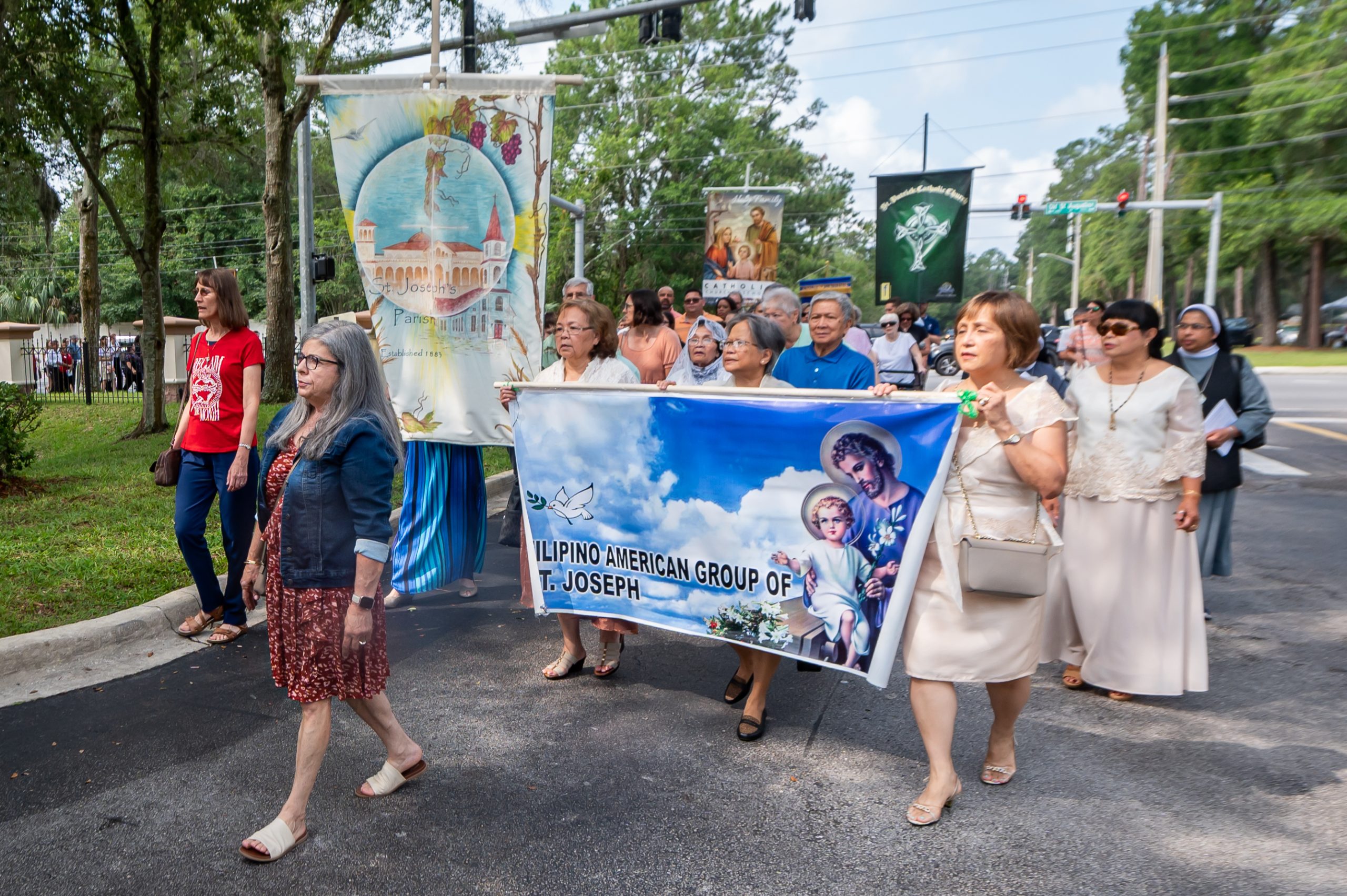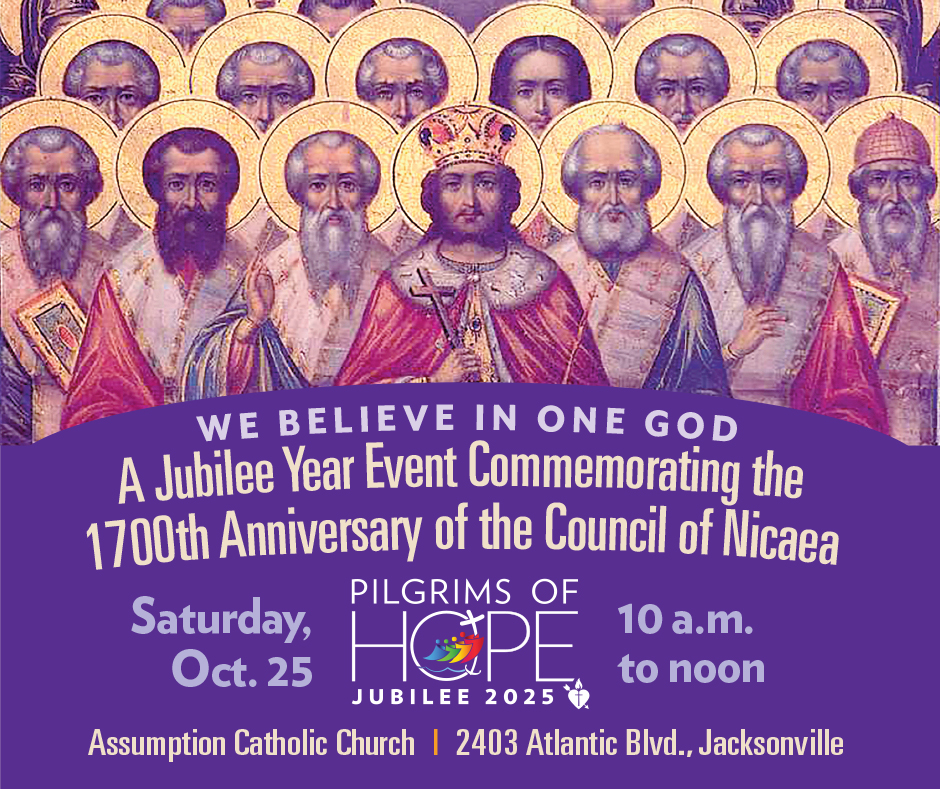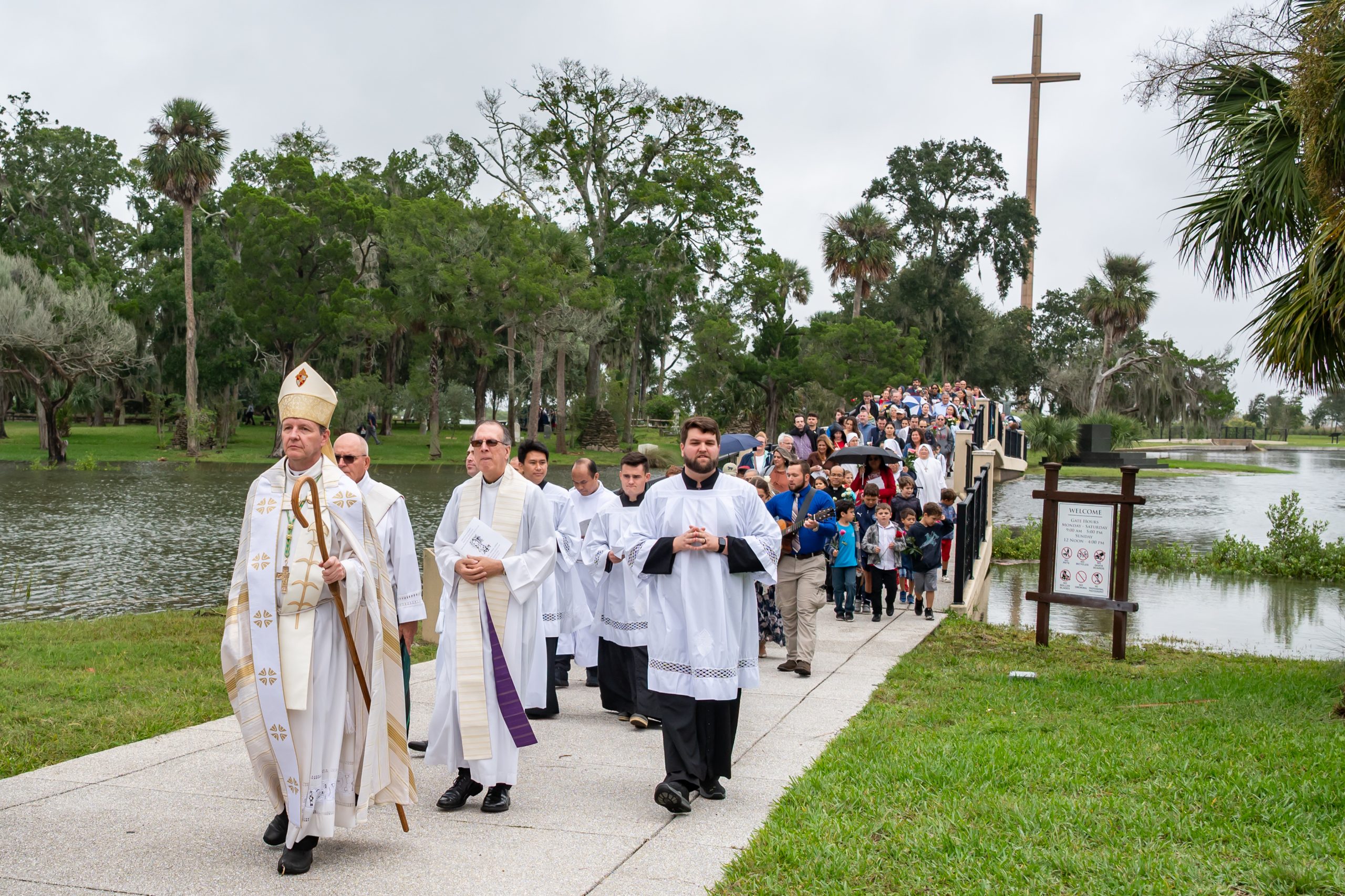
On June 19, 1865—more than two years after President Abraham Lincoln issued the Emancipation Proclamation—enslaved African Americans in Galveston, Texas, finally received word that they were free. This announcement marked the effective end of slavery in the United States for more than 250,000 people still held in bondage. That day, known as Juneteenth, became a long-cherished observance among African American communities and was formally recognized as a federal holiday in 2021.
Juneteenth, sometimes called the nation’s “Second Independence Day,” is a day of celebration and remembrance. It commemorates not only freedom but also the enduring struggle for justice and equality. It is a time to honor the resilience, faith and culture of Black Americans and to reflect on the unfinished work of building a society where every person is treated with dignity.
For Catholics, Juneteenth is not only a civic occasion but also a moment for moral and spiritual reflection. Our faith teaches that every human being is created in the image and likeness of God and endowed with equal dignity. We are called to confront racism in all its forms—personal, systemic and institutional—with courage and compassion.
Cardinal Wilton Gregory, the first African American cardinal in the United States, reminds us: “The Church must be an unambiguous voice for human dignity.” Juneteenth challenges us to make that voice heard—through our prayers, our witness and our commitment to justice.
In 2024, Bishop Joseph N. Perry, chair of the U.S. bishops’ Ad Hoc Committee on Racism, reflected on Juneteenth as both a historic milestone and a moral call to action. “Juneteenth is a time to commemorate the end of slavery, to reflect on the history and legacy of racism in our country, and to underscore our commitment as religiously grounded people to do better.”
He added, “History is a powerful venue for reflecting on our society’s evolution. It can serve as a guidebook to our present, as well as a compass pointing to our future.”
Remembering Honestly, Acting Justly
In commemorating Juneteenth, we also recognize that remembering history is not always comfortable—but it is essential. Truth-telling is a critical part of healing and justice. As people of faith, we are called to face the past with honesty, not to erase it.
Efforts today to limit discussions of slavery, racism or the experiences of Black Americans should concern all who believe in the dignity of the human person and the power of education to foster empathy and understanding. When we obscure the painful truths of our past, we risk repeating them.
The U.S. bishops remind us in Open Wide Our Hearts:
“To do justice requires an honest acknowledgment of our failures. When we fail to acknowledge the roots of racial injustice, we are complicit in allowing its effects to continue.”
As Catholics, we must uphold the right of all people—especially our youth—to learn the full story of our nation’s journey, including the sin of slavery and the long road toward freedom. Truth leads to repentance, and repentance leads to renewal.
A Call to Witness and Hope
Juneteenth is celebrated across the country with community festivals, prayer services, music, education and acts of service. It is a celebration of culture and hope—but also a solemn reminder of the delays and denials of justice that still echo in our time.
As we observe Juneteenth, let us remember the journey from bondage to freedom—not just as a historical event, but as a continuing call. May we listen to the voices of those still crying out for justice, learn from the Church’s own history, and labor together for a future rooted in the love of Christ, where all people are truly free.
Resources from the U.S. Conference of Catholic Bishops (USCCB)







